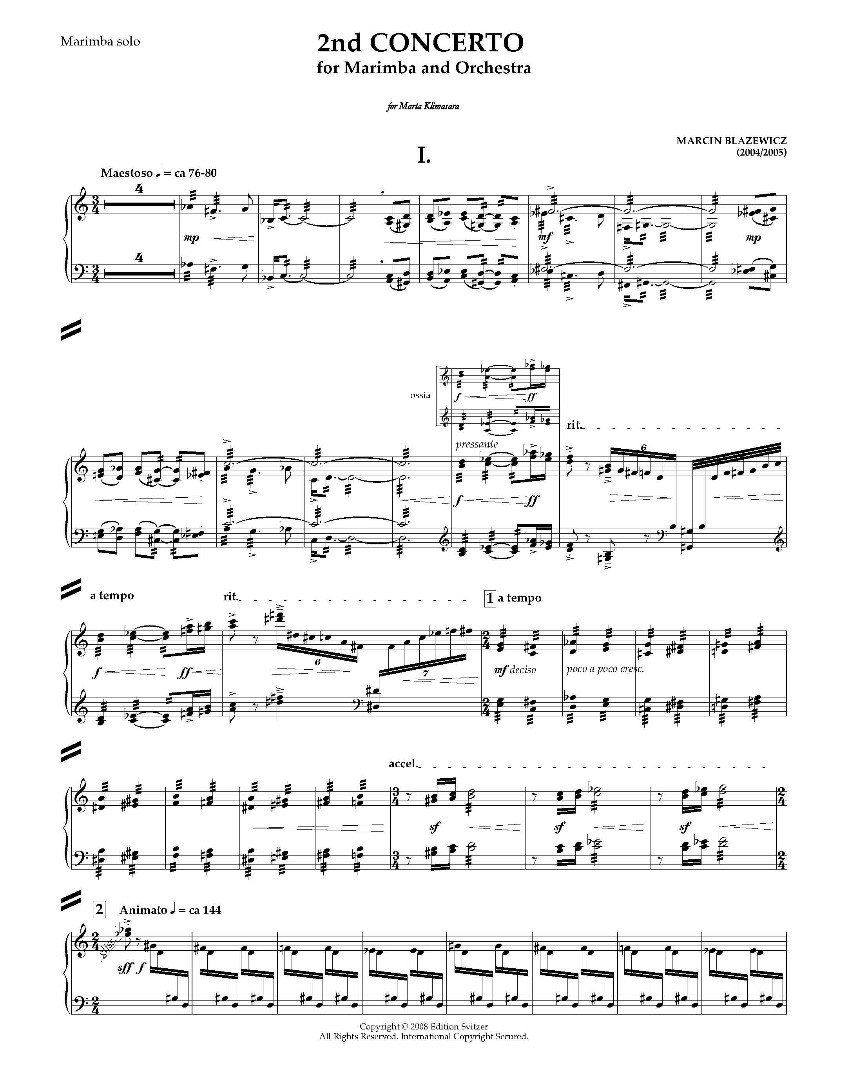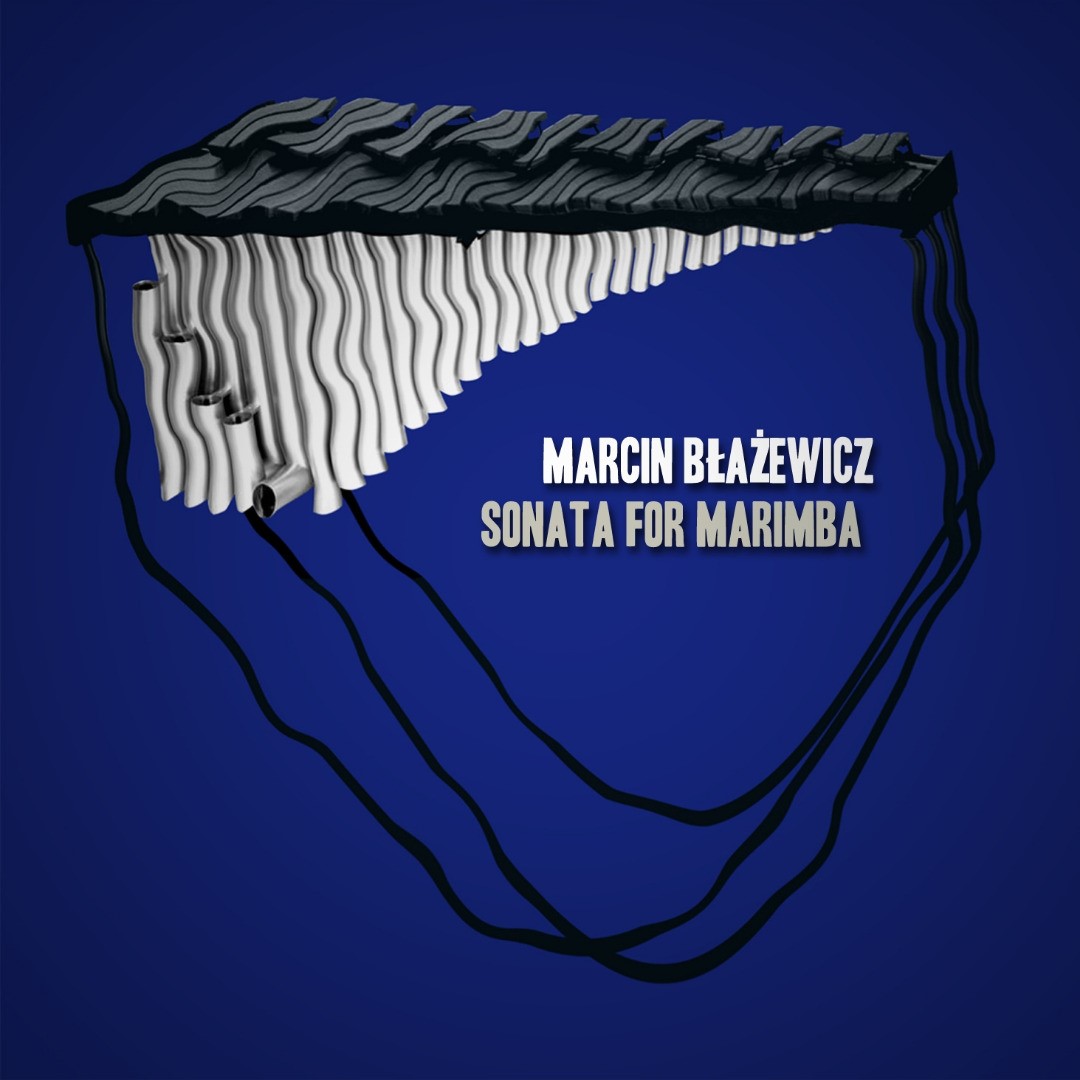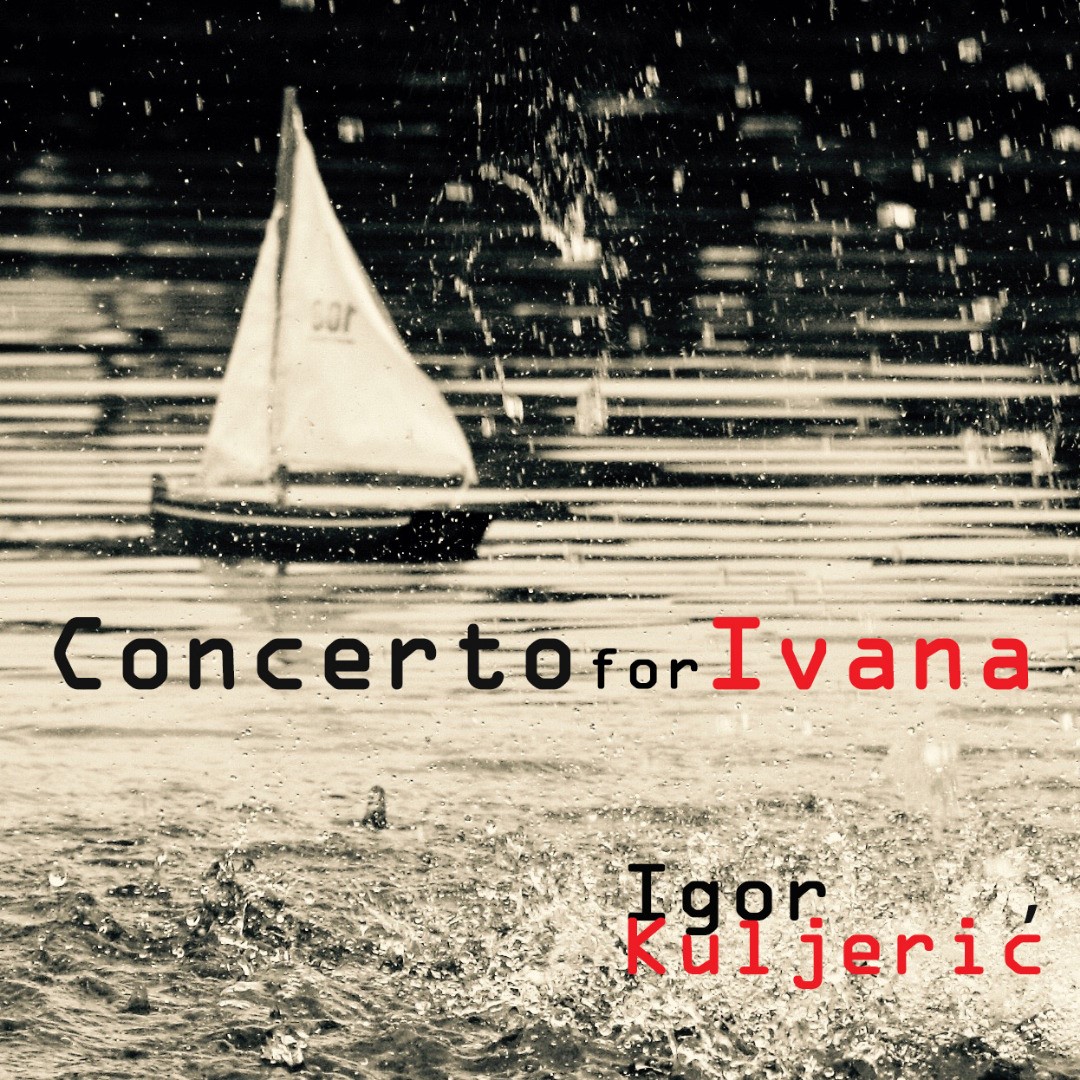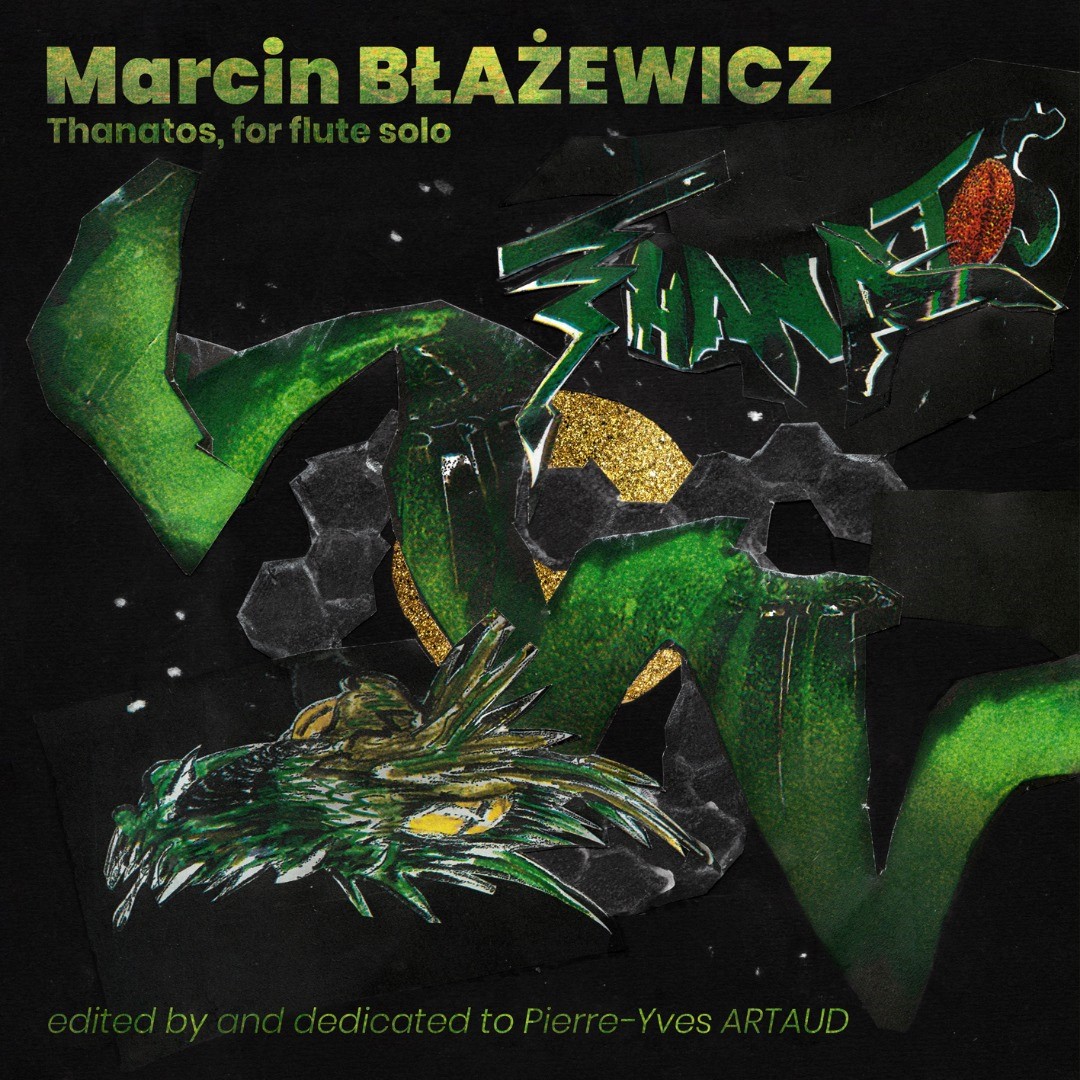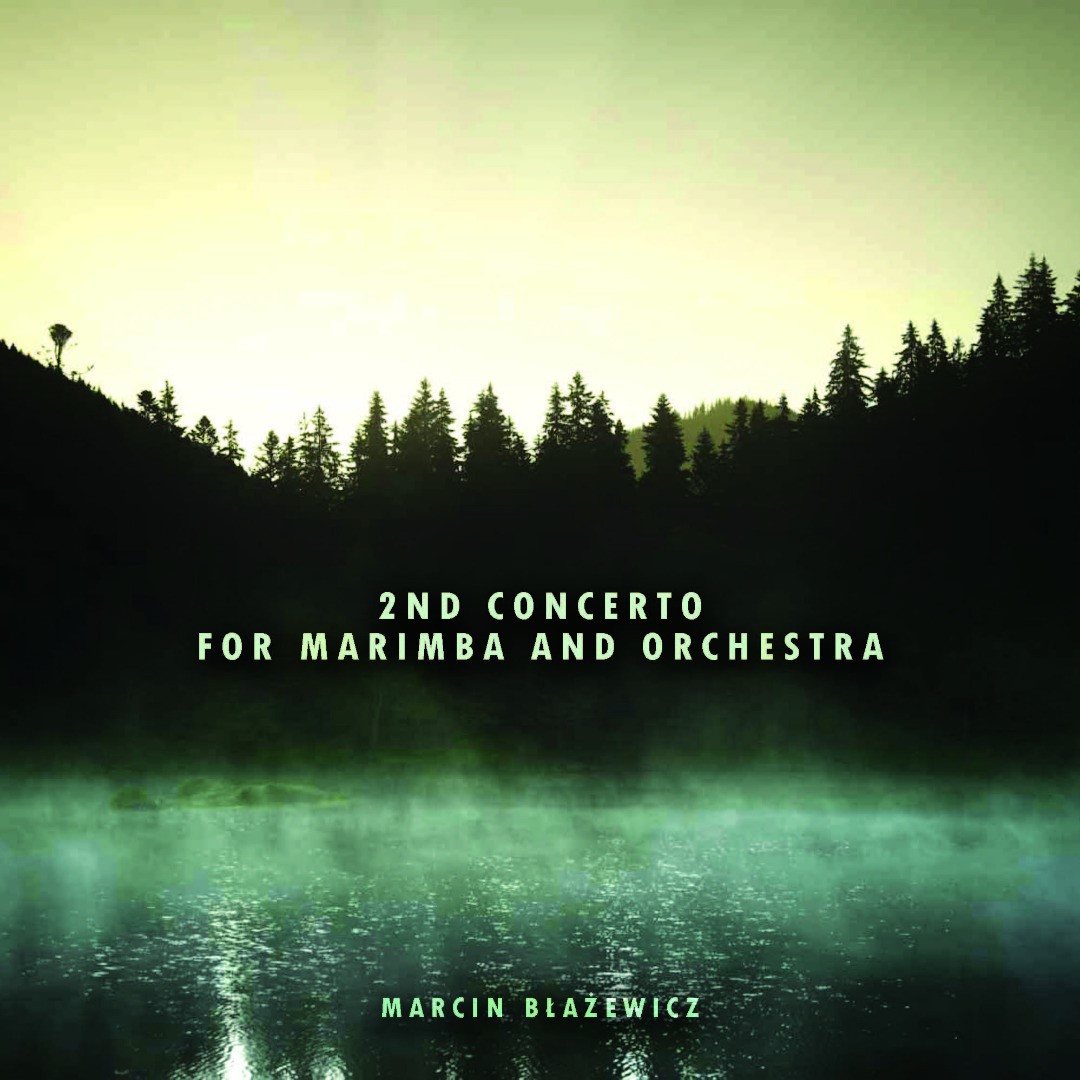
2nd Concerto for Marimba and Orchestra
Composer: Marcin Blazewicz
Instrument: Marimba and Orchestra
Level: Advanced
Published: 2008
Price: €60.00
Item details
-
Description +
-
Duration: 25 min.
The 2nd Concerto for Marimba and Orchestra consists of three contrasting movements, whose pattern (fast-slow-fast) follows the traditional model of the genre.
The first movement opens with a powerful orchestral tutti, after which the timpani punctuate regular rhythm, soon giving way to a solo marimba. The musical material develops, with a gradual rise in tension. Numerous solo displays of the marimba play the important role in this movement. Pervasive motorism and mobility are the main features of Błażewicz’s music. The solo instrumental part is treated here on a par with the orchestra, even though it differs greatly. In some respects the first movement is reminiscent of a sonata allegro with the solo cadenza of the marimba at the climax and a reprise of the opening motif towards the end. The overall mood is of gloom and anxiety.
The second movement opens with a dialogue between a subtle marimba solo and the timpani, which now and then interrupt the narration of the marimba. It is only after some time that the orchestra takes over the narrative thread. Sections marked by a nostalgic mood are followed by fragments of dramatic expression. The second movement is contrasted in terms of expression, rhythm, and timbre. References to the opening motif of the first movement contribute to the thematic integration of the whole composition. Further on, the middle movement takes on a dramatic expression, with the percussion and brass assigned special importance. Dark, gloomy and funereal sounds can be heard and the overall mood is one of anxiety.
The spectacular third movement is more diversified in terms of texture and timbre than the preceding movements, but has an equally strong nervous energy. Continuous pulsation and sharp interventions by the orchestral tutti, cutting across the marimba part, are the dominant features. The composer uses the idiom of Polish mountain folk music, although no quotation from the folklore can be found. It’s rather folklore abstracted and created by the composer. All in all, the Concerto offers fine opportunities for a virtuoso display from the soloist and demonstrates the composer’s orchestral skill.----------
Piano Reduction
In order to receive the Piano Reduction please buy this item and add in the message box weather you want the conductor score or/and Piano Reduction. The price of the Piano Reduction is €40.
The conductor score and solo part cost €60.
----------
Orchestral material on hire - mail@editionsvitzer.com
-
-
Instrumentation +
-
Marimba and Symphony Orchestra
-
-
About the composer +
-
Composer and teacher. Born in Warsaw in 1953. He began to study music when he was 13 years old, first at the Oskar Kolberg primary Music School then at the F. Chopin Secondary Music School (double bass). Upon passing his secondary school leaving examination (matura) he studied natural philosophy at the Academy of Catholic Theology for one year (1975/76). Upon graduating from secondary music school in 1977 he began to study at the Department of Composition, Conducting and Theory of Music at the Fryderyk Chopin Academy of Music in Warsaw in Professor Marian Borkowski's class of composition which he finished with honours (1977-1982). He attended composer courses led by François Bernard Mâche (Pécs, Hungary 1980) and Yannis Xenakis (Salzburg, Delft 1985), obtained a SACEM scholarship from Sociéte des Compositeurs et Editeurs de Musique (France) and, as holder of an Acanthes scholarship, he attended a course in composition led by Olivier Messiaen in Avignon (France) in 1987.
Professor Marcin Błażewicz has been a member of the faculty of the AMFC in Warsaw since 1985, first as assistant then tutor (1996-2003) and finally as associate professor at the Chair of Composition. He teaches the following subjects: score reading and introduction to composition and instrumentation (his main interest). He has supervised many master's theses. He was deputy dean of FCUM Department I in 1999-2002 and 2005-2008. In 2008 he was elected dean of the Department of Composition, Conducting and Theory of Music for term 2008-2012.
Marcin Błażewicz presented a paper "On the situation in Polish Music after 1989" at the 5th Biennial "La recherche musicale en Europa" (Gif-sur-Yvette, France 1992). He has organised more than 200 concerts propagating contemporary music including several cycles: Presentation of Young Composers, Encounters with Contemporary Music, Young Musicians for Young Audiences (Warsaw 1979-81). Artistic director and founder of the International New Music Forum festival (Warsaw 1983-87), artistic director of the International Festival "Jeunesses Musicales" (Częstochowa, 1986, Warsaw 1990). Co-founder of the Modus group (1983), music advisor to the French Institute in Warsaw (1985-86). Member of the jury of the International Radio Festival Prix Italia (Peruggia 1989). Musical director of the Polish Radio Theatre (1986-97). Editor-in-chief of the journal "Muzyka21" (2000-2001). Since 2005 he has been holding a class of composition in Fryderyk Chopin University of Music/ FCUM/.
-
-
Reviews +
-
Review (Percussive Notes, July (60) 2012)
Absolutely “metal’” Polish composer and educator Marcin Blazewicz delivers a powerful concerto for marimba and orchestra that is packed with nervous energy. Written for Marta Klimisara, this 26-minute work produces an intense journey through a world of fear and anxiety.
Utilizing the traditional fast-slow-fast concerto compositional model, each movement beautifully features the marimba. The work is well orchestrated so the marimba not only stands out as a virtuosic solo voice, but also blends into the texture when applicable. The first movement is somewhat of a sonata allegro process with the marimba cadenza being the climax. The program notes state that the general mood is one of “gloom and anxiety.” I completely agree with this statement; it definitely places the listener on edge.
The second movement opens with a conversation between the marimba and timpani. The orchestra often breaks the conversation, and in general the movement feels like a lament. It is, again, very dark and melancholy, somewhat of a funeral hymn. The third movement has the same nervous energy as the preceding movements, but is a bit more prominent and much more aggressive. The dark and gloomy character of the music is very reminiscent of Shostakovich.
The marimba solo is highly virtuosic, and in most cases idiomatic. Blazewicz exploits the full range of the instrument. Single independent (inside and outside), double vertical, double lateral (inside and outside), triple lateral (inside and outside), and single alternating strokes are all required. Again, the writing is well orchestrated so that the soloist does not have to overplay. The piano reduction is well done and playable.
Blazewicz’s “2nd Concerto” is a beautifully dark representation of the anxiety that can exist in any situation. It isn’t for everyone, but will have its place among the most popular marimba concerti. It offers a performance outlet that provides performers and an audience with a musical experience to which they may not be accustomed. Music can evoke any emotion, and Blazewicz does a wonderful job of placing all involved into a state of uncertainty and nervousness.
—T. Adam Blackstock
-
-
Credits +
-
Front Cover graphics and layout: Ronni Kot Wenzell
Printed in Copenhagen, Denmark
Copyright © Edition Svitzer
www.editionsvitzer.com
-
